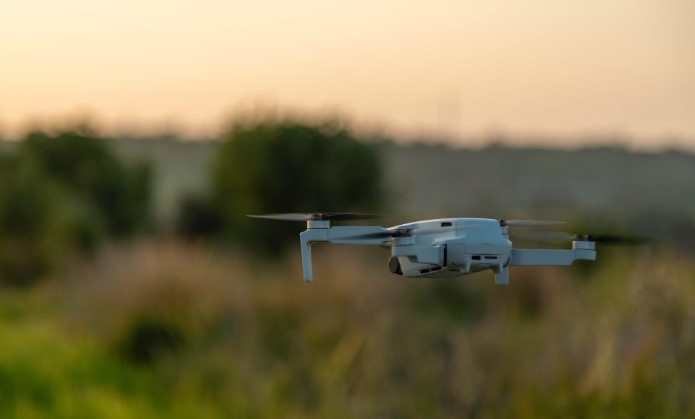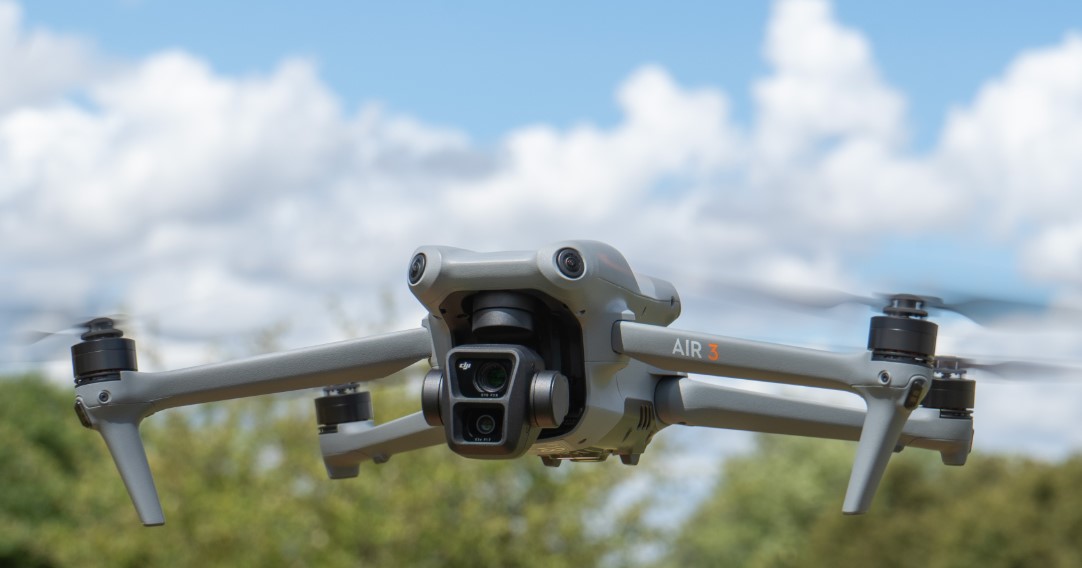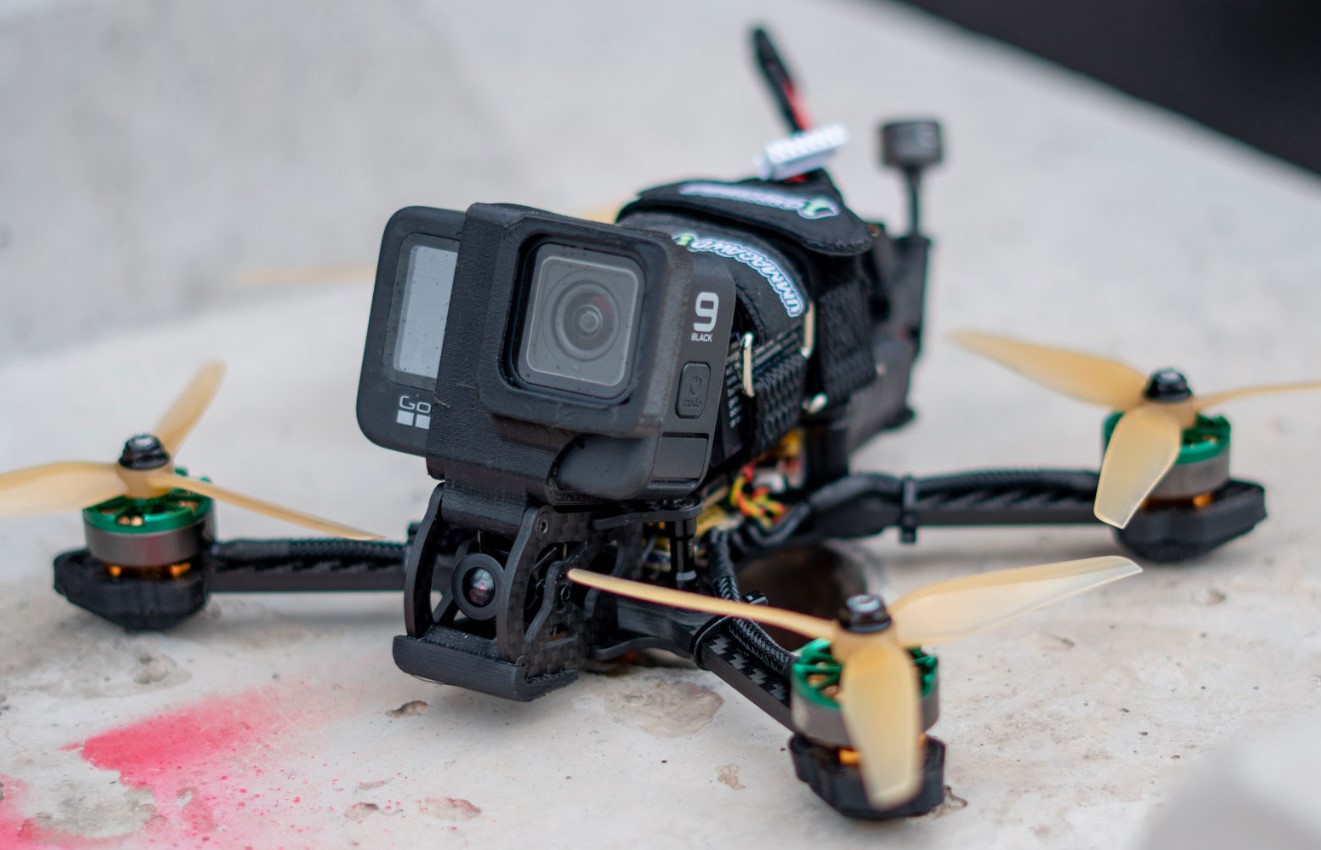The use of drones has rapidly increased worldwide due to their versatility in photography, surveillance, agriculture, and even recreational activities. Ireland, with its picturesque landscapes and vibrant cities, has become a hotspot for drone enthusiasts. However, the question often arises: Are drones legal in Ireland? The short answer is yes, but like in many countries, their use is governed by specific laws and regulations to ensure safety and privacy. This article delves into the legalities surrounding drones in Ireland, covering everything from registration requirements to no-fly zones. Follow Dronevoz.com !!!
Understanding Drone Regulations in Ireland
Drones, also known as unmanned aerial vehicles (UAVs), are subject to strict regulations in Ireland. These laws are primarily enforced by the Irish Aviation Authority (IAA), which aims to balance innovation and safety in drone operations. Ireland also adheres to regulations set by the European Union Aviation Safety Agency (EASA), ensuring uniform standards across EU member states.
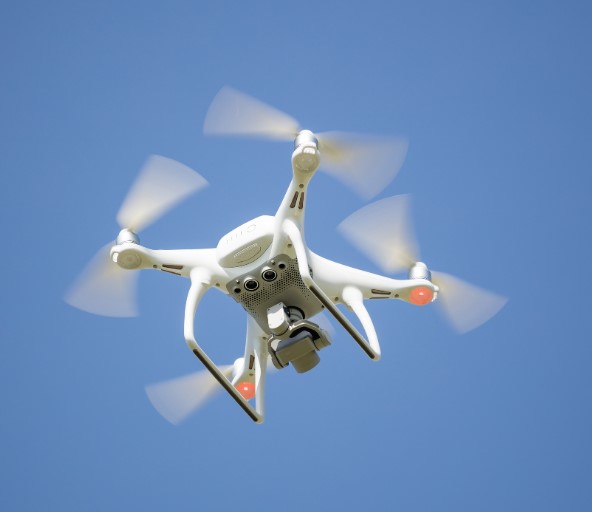
Are drones legal in ireland? Is It Legal to Fly a Drone in Ireland?
Yes, it is legal to fly drones in Ireland. However, specific guidelines must be followed to operate them legally. These guidelines depend on factors such as the drone’s weight, intended use (recreational or commercial), and proximity to people, property, and restricted areas.
Key Drone Regulations in Ireland
Here are the main regulations governing drone usage in Ireland:
Drone Registration
All drones weighing more than 250 grams or equipped with cameras must be registered with the IAA. Registration can be done through the official IAA website, and the operator must complete a basic online training module.
Operator Requirements
- Operators must be at least 16 years old to register a drone.
- Children under 16 can operate drones under the supervision of a registered adult.
Insurance
While not mandatory for recreational users, liability insurance is highly recommended to cover potential damages caused by the drone. For commercial operators, insurance is often a prerequisite for obtaining an operational license.
Flying Restrictions
- Altitude Limits: Drones must not exceed a height of 120 meters (400 feet) above ground level.
- Line of Sight: The operator must always keep the drone within visual line of sight (VLOS).
- Distance from People and Property: Drones must stay at least 30 meters (100 feet) away from people and property unless specific permission has been granted.
No-Fly Zones
Certain areas in Ireland are designated as no-fly zones, including:
- Airports and airfields (e.g., Dublin Airport, Cork Airport).
- Military zones.
- National parks and wildlife reserves, where drones may disturb animals or infringe on conservation efforts.
Operators can use the IAA’s Drone Safe app to check for restricted areas before flying.
Privacy Laws
Drone operators must respect privacy laws under the General Data Protection Regulation (GDPR). Filming or photographing individuals without their consent can result in legal consequences.
Commercial Drone Use
Commercial drone operators require a Specific Operations Permission (SOP) from the IAA. This involves additional training and a detailed risk assessment for proposed operations.
>>> Read: Is Drone Allowed in Singapore? Everything You Need to Know
Steps to Legally Operate a Drone in Ireland
For those looking to fly drones legally in Ireland, here’s a step-by-step guide:
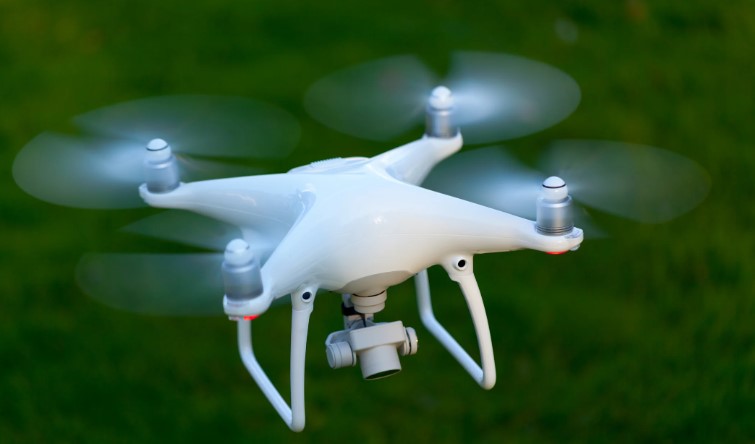
Step 1: Determine Your Drone’s Category
Drones are categorized under EU regulations into Open, Specific, and Certified categories:
- Open Category: For low-risk operations, such as hobby flying with small drones.
- Specific Category: For medium-risk operations, such as professional filming.
- Certified Category: For high-risk operations, such as transporting goods or passengers.
Step 2: Register Your Drone
Visit the IAA’s official website to register your drone and complete any required training modules.
Step 3: Check No-Fly Zones
Use tools like the IAA Drone Safe app or maps to ensure your flying location complies with regulations.
Step 4: Plan Your Flight
Ensure your drone is in good condition and the weather is suitable for flying. Avoid high winds or rainy conditions that could compromise safety.
Step 5: Fly Responsibly
Always follow the established guidelines, respect others’ privacy, and prioritize safety.
Penalties for Non-Compliance
Failing to adhere to drone regulations in Ireland can result in severe penalties, including:
- Fines ranging from €500 to €5,000, depending on the severity of the offense.
- Confiscation of the drone.
- Legal action in cases involving significant property damage or privacy breaches.
Why Are Drone Regulations Important?
Drone regulations are not merely bureaucratic hurdles; they play a crucial role in:
- Ensuring Safety: Preventing accidents in crowded areas or near airports.
- Protecting Privacy: Safeguarding individuals from unwarranted surveillance.
- Conserving Nature: Minimizing disturbances to wildlife in protected areas.
FAQs About Drone Use in Ireland
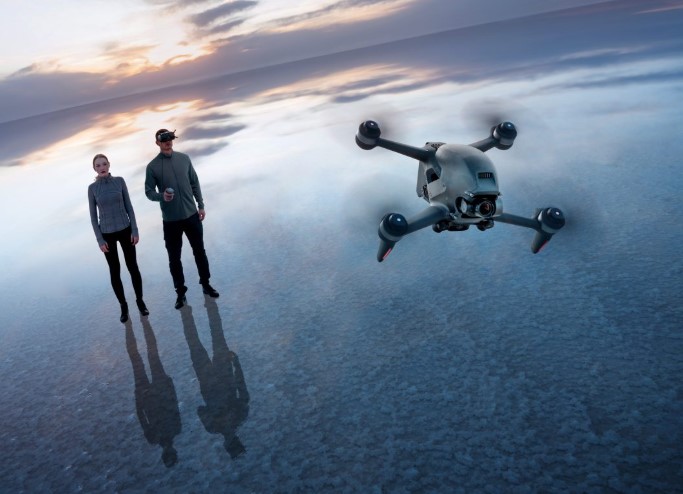
- Do I need a license to fly a drone in Ireland?
A license is not required for drones in the Open category, but commercial operators in the Specific or Certified categories must obtain one.
- Can I fly a drone in Dublin?
Yes, but you must avoid restricted areas like Dublin Airport and other no-fly zones.
- Are there specific rules for flying drones at night?
Night flying is permitted as long as the drone has adequate lighting and the operator maintains VLOS.
- What is the penalty for flying a drone in a no-fly zone?
Penalties include fines and possible confiscation of the drone, depending on the severity of the violation.
>>> Read: Is Drone Allowed in Kashmir?
Future of Drone Regulations in Ireland
As drone technology evolves, Ireland’s regulatory framework is expected to adapt. Emerging trends like drone delivery services and autonomous operations will likely necessitate new laws to address safety, liability, and public concerns. Operators should stay informed about updates from the IAA and EASA to ensure compliance.
Conclusion
So, are drones legal in Ireland? Yes, but their use is governed by a robust set of regulations aimed at promoting safety, privacy, and innovation. Whether you’re a hobbyist capturing the beauty of the Irish countryside or a professional filmmaker, understanding and adhering to these laws is crucial. By registering your drone, following operational guidelines, and respecting others’ rights, you can enjoy the benefits of drone technology without legal complications.
For the latest updates on drone regulations, always refer to the Irish Aviation Authority or the EASA website. With the right preparation, Ireland offers a fantastic landscape for drone enthusiasts to explore and create.
